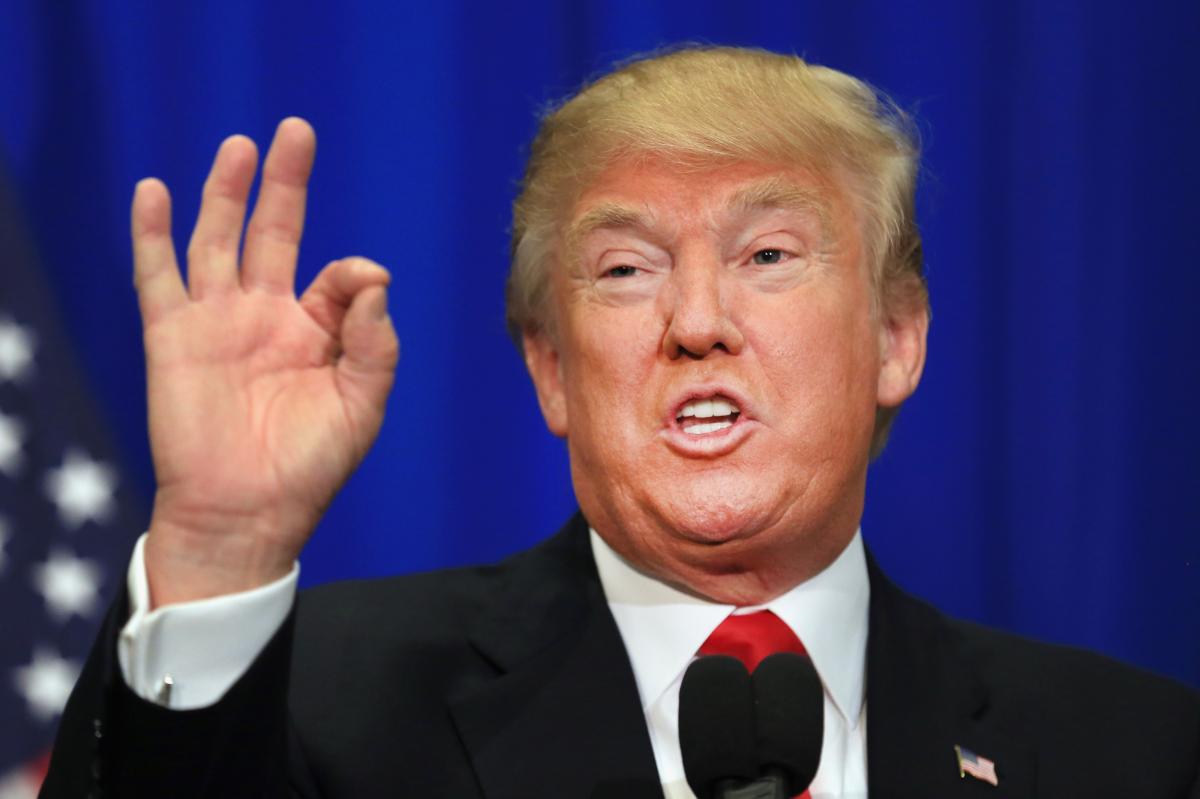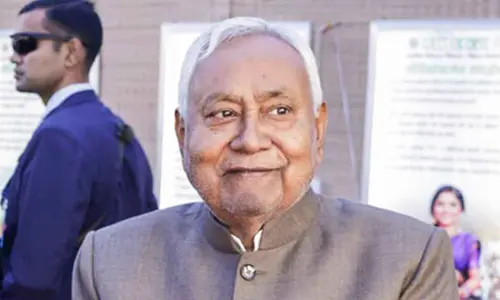Donald Trump Migration Ban Risks Boosting Extremist Threat: Experts

President Donald Trump\'s order blocking immigrants from seven mostly-Muslim countries in the name of national security could backfire and increase the threat of extremist attacks in the United States, US experts say.
President Donald Trump's order blocking immigrants from seven mostly-Muslim countries in the name of national security could backfire and increase the threat of extremist attacks in the United States, US experts say.
They point out that most recent terror strikes both in America and Europe were carried out by citizens of the target countries, or of nations not included in the ban which covers Iran, Iraq, Libya, Somalia, Sudan, Syria and Yemen.
And they warn Trump's move is likely to complicate US security officials' crucial efforts to gain cooperation from the country's Muslim community in fighting home-grown extremism.
A string of recent attacks on US soil -- including a car-and-knife attack at Ohio State University last November and the June 2016 massacre at an Orlando nightclub in June 2016 -- have involved Muslim attackers who became radicalized inside the United States.
In both those incidents, experts note, the attackers said they were responding to mistreatment of Muslims, a sentiment likely to increase in the wake of Trump's ban -- which plays into the jihadist narrative of a clash between Islam and the West.
That warning was echoed by UN Secretary-General Antonio Guterres Tuesday, who said the order was unlikely to be effective in fighting terrorism -- but "triggers widespread anxiety and anger that may facilitate the propaganda of the very terrorist organizations we all want to fight against."
- 'Short fuse' -
Jihadist groups have for days been celebrating the travel ban online, saying it validates their claim that the United States is at war with Islam.
One posting on a pro-Islamic State social media account, cited by the Washington Post, hailed the US president as "the best caller to Islam."
"What we do know is that groups will use this as a means to try to recruit someone," said David Ibsen, executive director of the non-governmental Counter Extremism Project.
"There is a large pool of individuals being targeted by ISIS and Al-Qaeda propaganda. And we know that there is a very short fuse between exposure to that propaganda sometimes and actually carrying out an attack."
For Farah Pandith, a former national security official in the George W. Bush and Barack Obama administrations specializing in combatting radicalization, there is no doubt the ban "has created an advantage for ISIS."
"It will not keep America safer," she argued.
Trump's executive order Friday suspended entry into the United States of nationals from any of the seven Muslim-majority countries, as well as refugees from all over the world.
His order cited the need to prevent a repeat of the September 11, 2001 Al-Qaeda attack on the United States.
Trump has repeatedly linked recent attacks in Europe to its acceptance of Muslim refugees, charging this month that German leader Angela Merkel made a "catastrophic mistake" in supporting the influx of refugees from the Syrian war.
But critics note that based on its stated objectives, Trump's order may have missed its target.
"Not all the countries that would be of concern for potential radicalization were on the list," noted Ibsen.
In both the United States and in Europe, most recent attacks were carried out by the countries' own citizens. Where the attackers had foreign family ties, it was most often to countries not on the US blacklist.
In Europe, most had roots in Algeria, Morocco or Tunisia. The perpetrators of the December 19 attack in Berlin and the July 14 attack in Nice, in which trucks were driven into crowds, were both Tunisians.
Among recent US incidents, the April 2013 Boston Marathon bombers were Chechen-Americans; the December 2015 San Bernardino attack was carried out by a man born in Chicago to a Pakistani family and his Pakistan-born, Saudi-raised wife. Omar Mateen, who carried out the Orlando nightclub massacre, was born in the United States to Afghan immigrants.
Such contradictions have been widely pointed out by US Muslim leaders, academics, politicians and diplomats.
- 'Us-versus-them' -
But the main worry, experts say, is that the order could stimulate more radicalization among Muslim-Americans perceiving a campaign against them.
Nihad Awad, executive director of the Council on American-Islamic Relations, branded Trump's order a "Muslim exclusion order" as he and other Muslim leaders lodged a lawsuit against the president on Monday.
"The Muslim Exclusion Order is the as-promised outcome of Defendant Trump's hateful, year-long campaign which was fueled, in significant part, by a desire to stigmatize Islam and Muslims," the suit said.
Pandith argues the executive order -- which ostensibly seeks to protect Americans from violent extremism -- risks having the exact opposite effect.
"We have to look at the reality of how people have gotten radicalized," said Pandith. "The thing we must do is to puncture the us-versus-them narrative. Instead, it allows it to bloom."
Trump's order "doesn't have any intellectual rigor behind it in terms of what will actually keep America safe. It shows a misfire in understanding what the actual problem is," she added.
Ibsen argues that the priority should be blocking the message that extremist groups broadcast through social media to potential recruits in the United States -- a message now set to make ample use of Trump's immigration move.


















